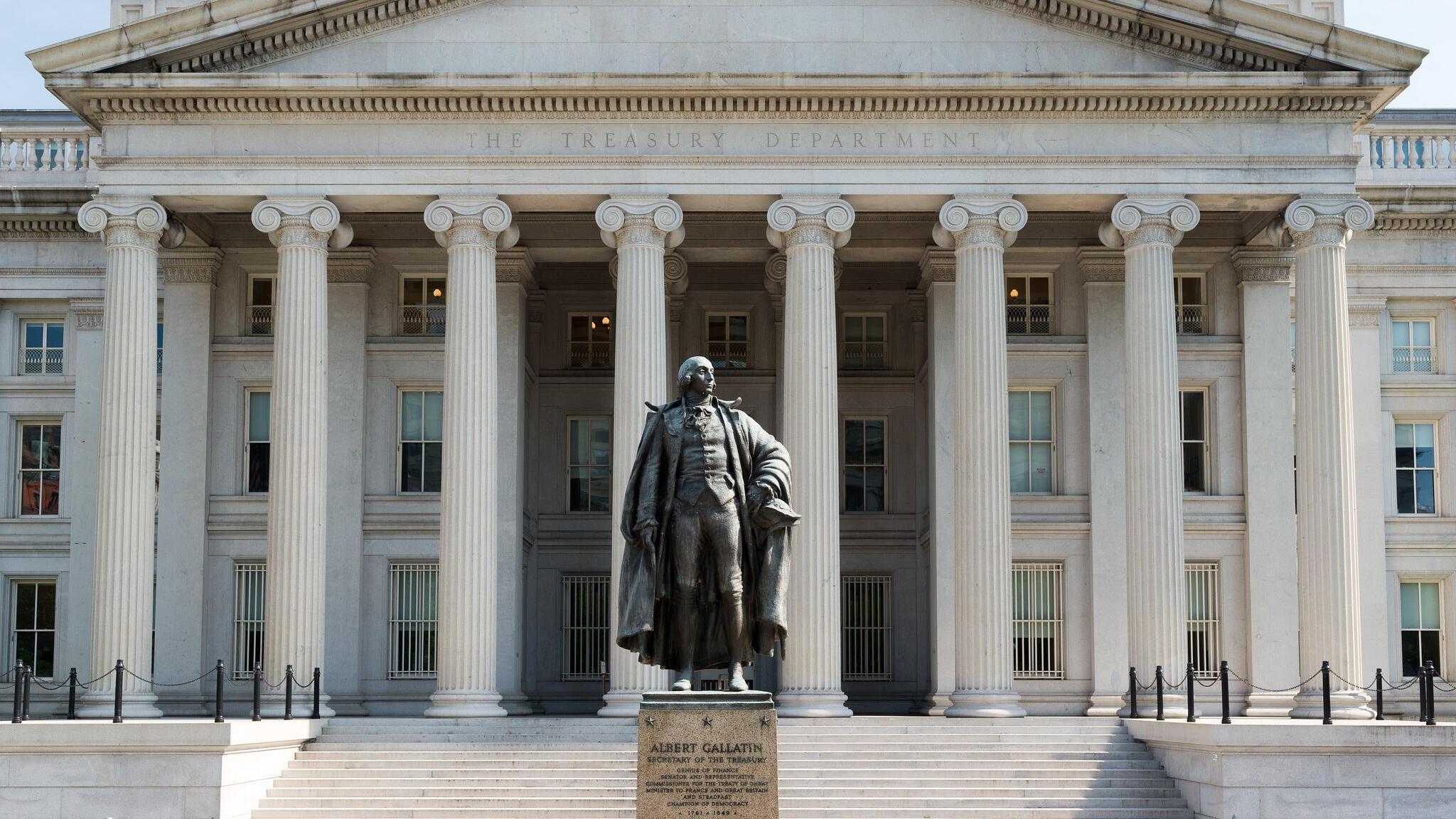The United States’ budget deficit declined 2% to US$1.78 trillion in the year to 30 September, as income taxes and tariff revenue increased but corporate taxes dipped.
Individual income taxes represented the largest source of income at $2.66 billion, up from $2.43 billion the prior year, according to the Treasury Department, The Treasury reported $195 billion in income from tariffs, almost double the previous record.
The Congressional Budget Office (CBO) had similarly estimated a $1.8 trillion deficit last week. This is the deficit's first annual decline since 2022.
“Increases in collections of individual income taxes and customs duties were partially offset by a decline in corporate tax receipts,” the CBO wrote. Corporate tax receipts dropped to $452.09 billion, from $529.87 billion one year ago.
In September, the U.S. collected $298 billion in individual income taxes, $134 billion in social insurance, $62 billion in corporate taxes, and $30 billion in tariff duties.
Spending rose by around 4% in the year to 30 September. Social Security led in spending, at $1,581 billion, with the Medicare health program at $997 billion.
Interest on the national debt reached more than $1.2 trillion, a new record, and up almost $100 billion from the previous year.
The Departments of Defense, Health & Human Services, and Veterans Affairs saw major spending increases. Health & Human Services outlays were the largest over the year, rising from $1.72 trillion to $1.88 trillion.
Spending on the Department of Education plummeted, however, dropping from $267.92 billion to just $34.72 billion amid mass layoffs since President Donald Trump took office in January.
Related content


